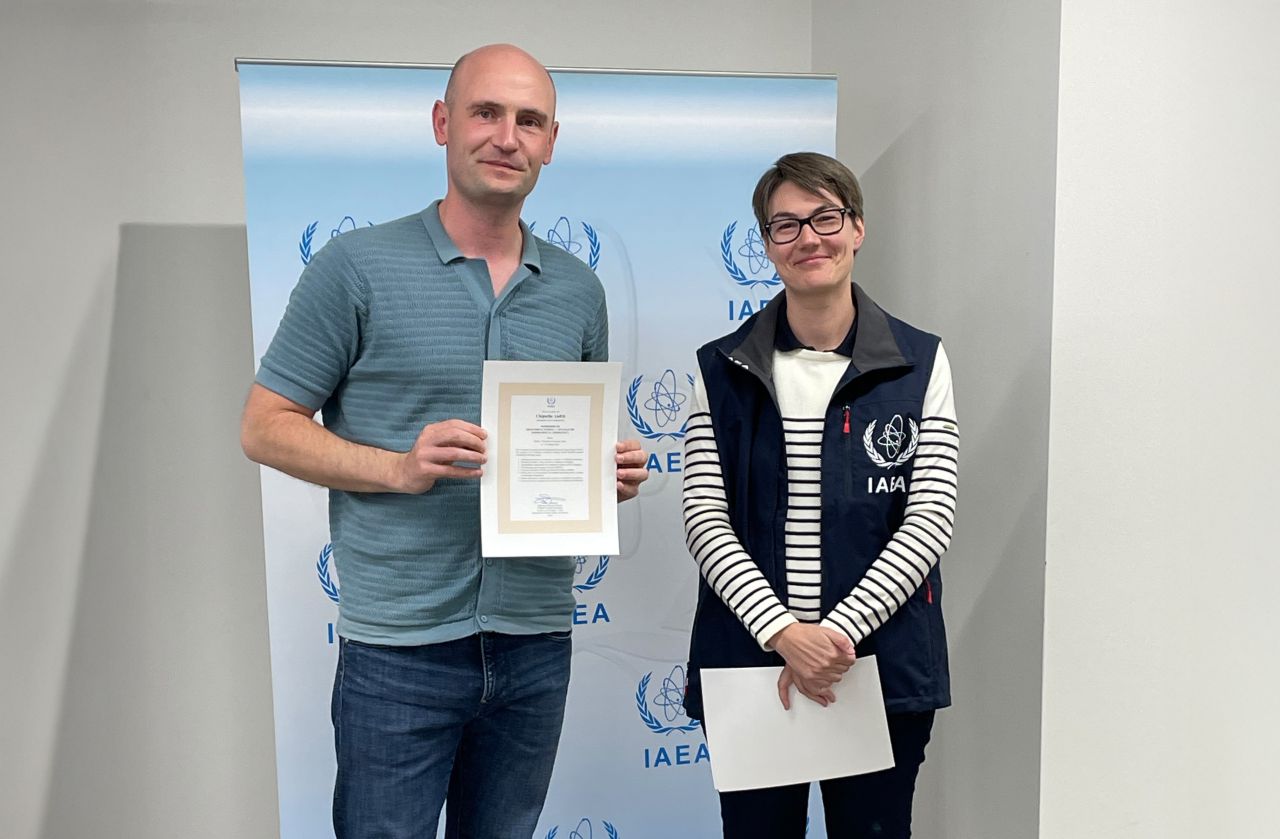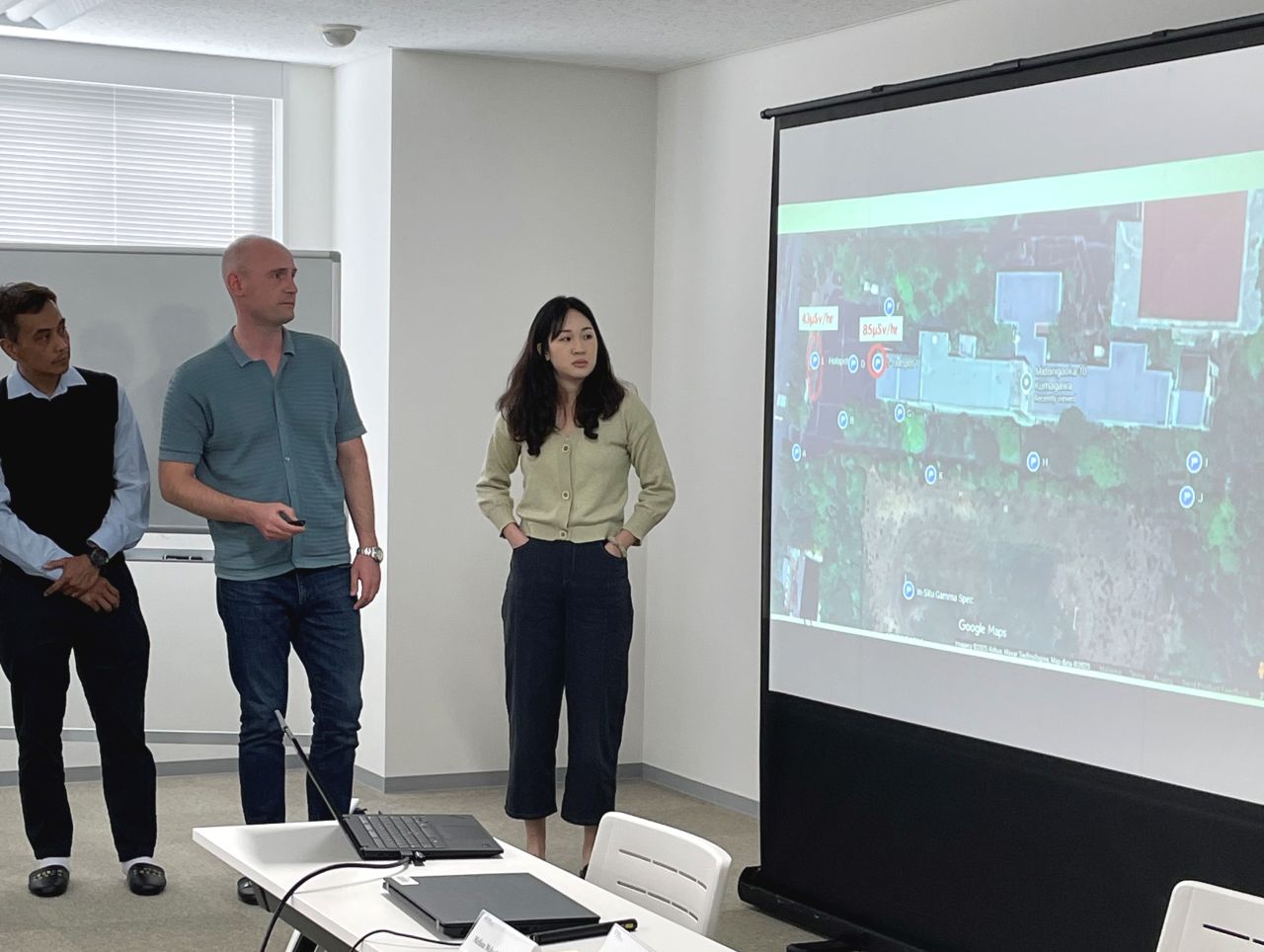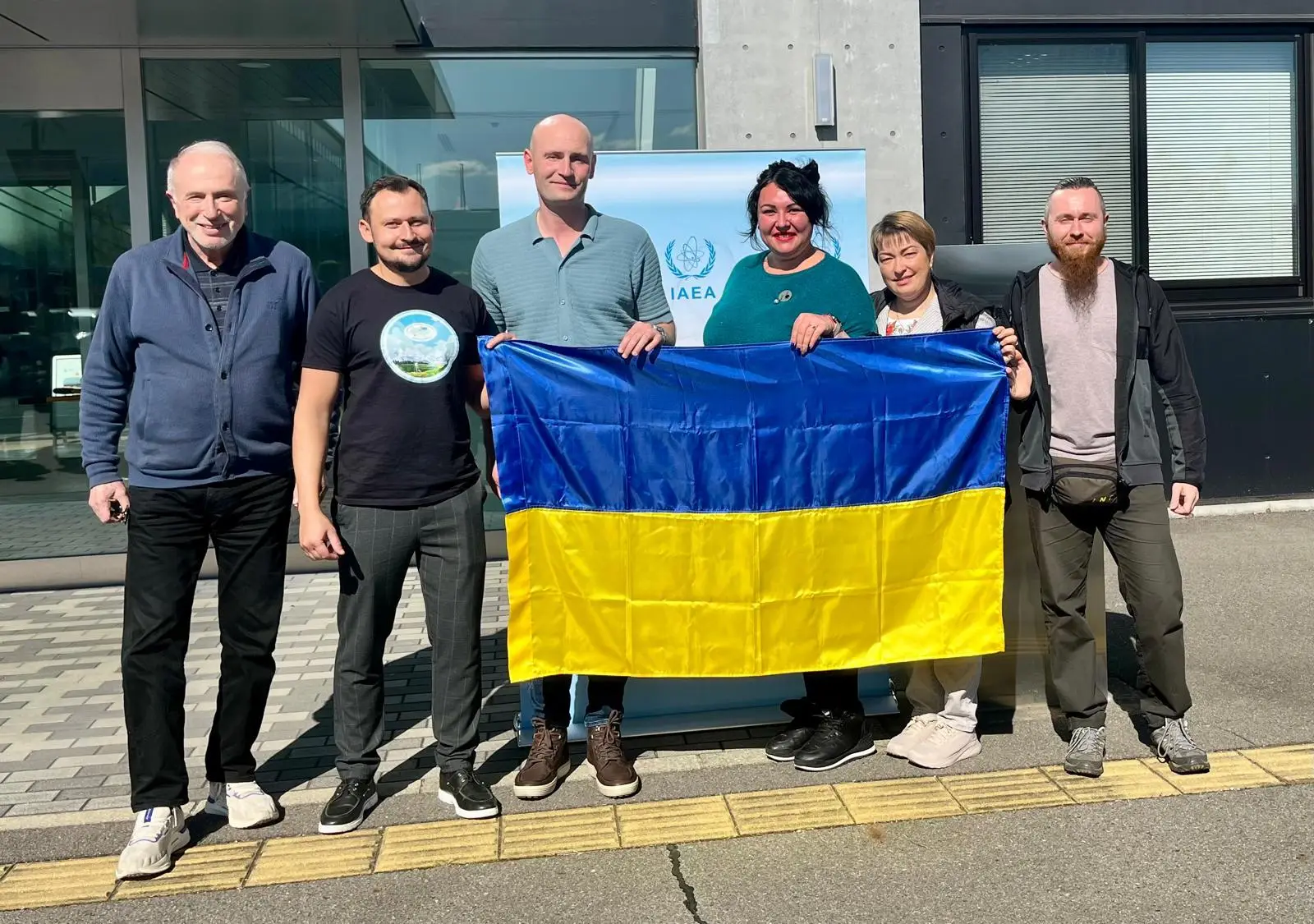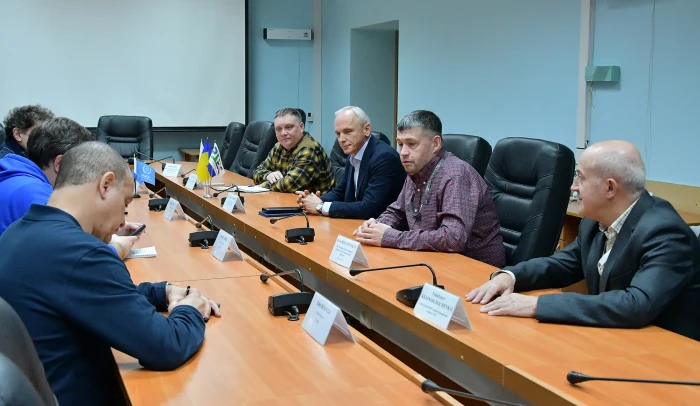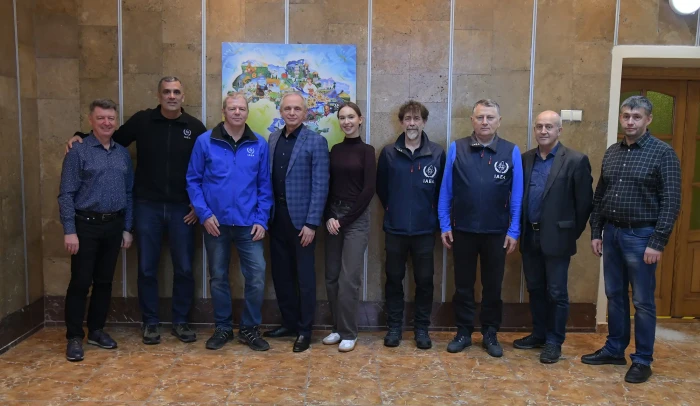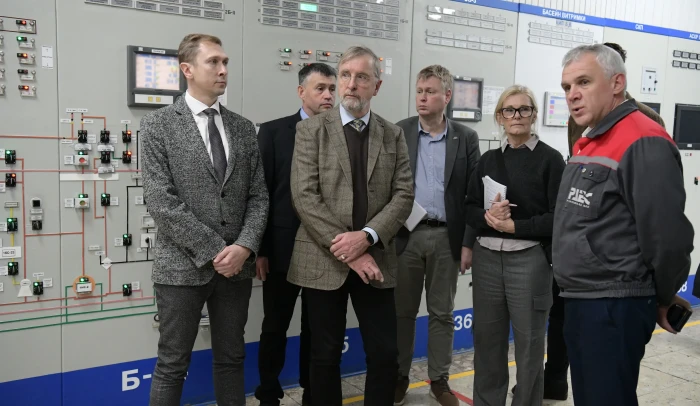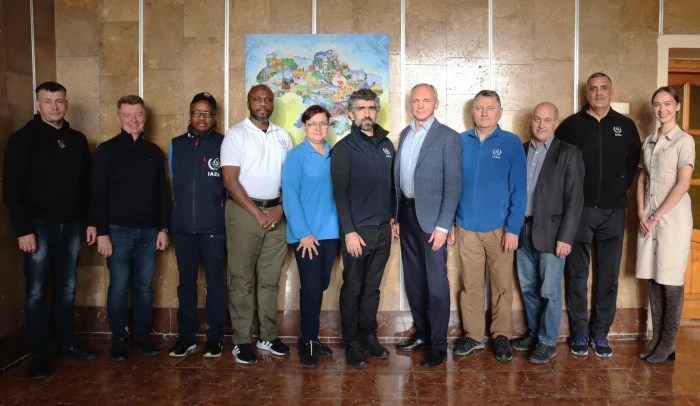Andrii Chepurko, Head of Off-Site Radiation Monitoring Laboratory, Radiation Safety Department, Rivne NPP, took part in the international IAEA workshop. The workshop was held in Mihara (Japan) and was dedicated to monitoring issues during a nuclear or radiological accident.
The workshop participants were representatives from Austria, Australia, Indonesia, Malaysia, and Singapore. In addition to the RNPP representatives, specialists from the State Nuclear Regulatory Inspectorate of Ukraine, State Enterprise “Ecocenter”, and Central Geophysical Observatory named after Borys Sreznevskyi represented Ukraine.
The event program included theoretical training, familiarization with modern measuring equipment, as well as a practical stage in the exclusion zone of the Fukushima-1 NPP. During the field tasks, the participants in two teams performed radiation reconnaissance of the area and identified “hot spots”, conducted field gamma-spectrometric soil measurements, took samples and presented the research results. In the course of the practical stage, high-tech equipment produced by world manufacturers was used. After completing the training, all participants received the appropriate certificates.
“During the practical stage, we directly worked with various modern measuring equipment, in particular with the SPIR-Pack backpack portable radiation detection and identification system manufactured by Mirion Technologies. Such equipment is capable to expand the measuring capabilities of the departments in terms of performing foot radiation reconnaissance and identifying “hot spots” by using highly sensitive gamma and neutron radiation detection units and ambient dose equivalent power measurement units, factory software for analysis and visualization of results, located inside a convenient form factor (backpack),” said Andrii Chepurko, Head of Off-Site Radiation Monitoring Laboratory, Radiation Safety Department.
Participation of the Rivne NPP of representatives in international IAEA events contributes to the staff development. Such programs allow adopting best practices, implementing modern radiation control methods and contributing to further strengthening of enterprise safety culture. This, in turn, directly affects the enhancement of reliability and safe operation of the power units of Rivne NPP.
